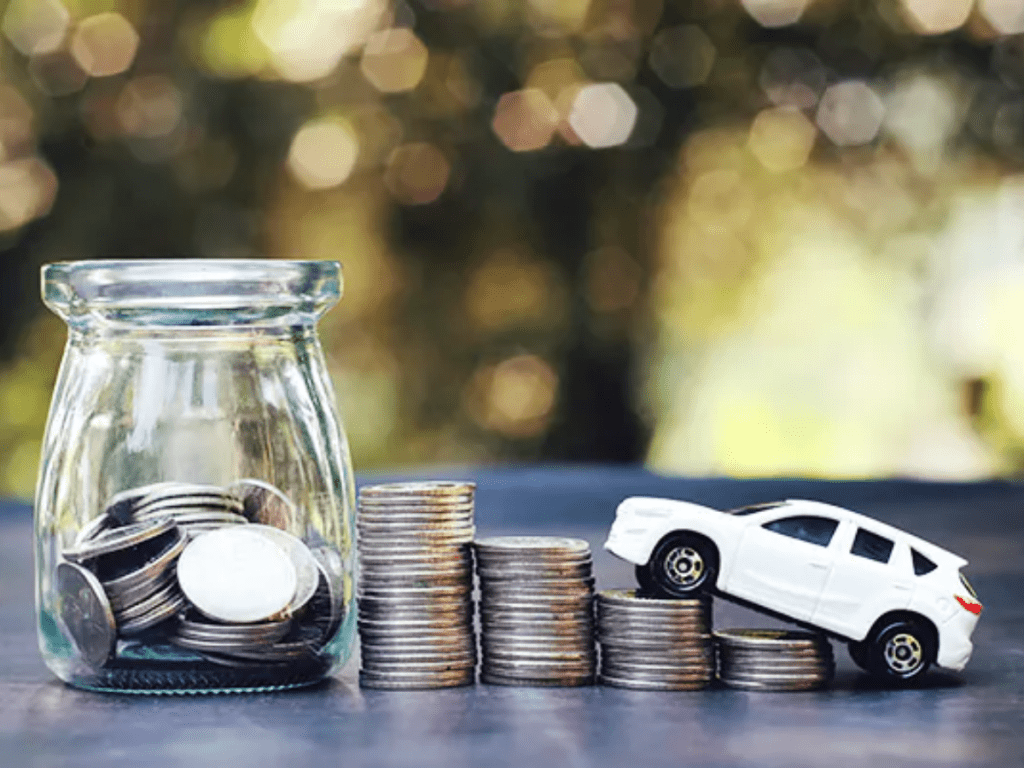Introduction
When you’re in the market for a new car, one of the biggest decisions you’ll face is how to finance it. The two primary options for purchasing a vehicle are taking out an auto loan or paying for it in cash. Both have their advantages and disadvantages, and understanding these can help you make a decision that suits your financial situation, lifestyle, and long-term goals. In this article, we’ll explore the pros and cons of both options and weigh them against each other to help you determine what’s best for you.
Understanding Auto Loans
An auto loan is a financial agreement where a lender gives you money to buy a car, and you pay back the loan, with interest, over a set period of time. Auto loans generally come with fixed or variable interest rates, and you can typically finance a car for anywhere from two to seven years, depending on your preferences and the lender’s terms.
Pros of Auto Loans
- Preserving Cash Flow: The most significant benefit of taking out an auto loan is that you don’t need to use all of your savings to buy a car. By spreading out payments over time, you preserve your cash for other investments or emergencies.
- Building Credit: Regular, on-time payments can help you improve your credit score, as lenders report your payment history to credit bureaus. This can be beneficial if you’re trying to build or maintain a strong credit score.
- Buying a More Expensive Car: When you take out an auto loan, you might be able to afford a more expensive vehicle than if you were paying in cash. By financing the car, you can purchase a higher-end model, newer car, or one with more features.
- Flexible Loan Terms: Depending on the lender, you may have a variety of options for loan terms, from shorter, higher-payment loans to longer, lower-payment loans. This flexibility allows you to choose a payment plan that fits your budget.
Cons of Auto Loans
- Interest Costs: One of the main drawbacks of auto loans is the interest you’ll pay. Even with the best interest rates, you’ll still be paying more for the car in the long run. Over the term of a loan, interest charges can add up quickly, especially if you have a long-term loan or a high interest rate.
- Debt Burden: Taking on debt means you have a financial obligation that can affect your future decisions. Monthly payments may restrict your budget, limiting your ability to save for other goals, travel, or make larger purchases.
- Risk of Negative Equity: Auto loans can lead to negative equity, meaning you owe more on the car than it’s worth. This can happen if the car depreciates faster than you’re paying off the loan. If you decide to sell or trade in the car before the loan is paid off, you may find yourself in a situation where you owe more than the vehicle’s resale value.
- Long-Term Financial Commitment: With an auto loan, you’re committed to monthly payments for several years. If your financial situation changes, such as losing your job or facing an unexpected expense, the loan can become a burden.
Understanding Cash Purchases
Paying for a car with cash means you write a check or wire transfer the full price of the vehicle without borrowing any money. You’ll need to have sufficient funds available in your savings or checking account to make the purchase.
Pros of Paying Cash for a Car
- No Interest Payments: When you pay cash, you avoid paying interest, which can save you a significant amount of money. Over time, this can make the total cost of the car much lower than if you financed it with an auto loan.
- Full Ownership: With a cash purchase, you own the car outright as soon as you buy it. There’s no waiting for a loan to be paid off, and you have full control over the vehicle. This gives you peace of mind knowing you don’t have to worry about monthly payments or potential repossession if you miss a payment.
- Avoiding Debt: By paying cash, you avoid taking on debt. This means you don’t have to worry about the financial burden that comes with monthly payments. For some people, avoiding debt is a top priority, and paying in cash allows them to live without that concern.
- Potential for Better Deals: Some car dealerships may offer discounts or incentives to buyers who pay cash, as they avoid the cost and paperwork associated with financing. This could mean paying less for the car than if you were financing it.
- Easier Car Sales or Trades: When it comes time to sell or trade in the car, you won’t have to worry about paying off any outstanding loans. This can make the process simpler, as you won’t be tied to a lender or have to deal with negative equity.
Cons of Paying Cash for a Car
- Depleting Savings: One of the biggest downsides of paying cash for a car is the amount of money it takes out of your savings or checking account. Unless you have a significant amount of disposable income, paying for a car upfront can leave you without enough money for other expenses or emergencies.
- Missed Investment Opportunities: When you spend a large sum of money on a car, you miss the opportunity to invest that money elsewhere. For example, if you were to invest the money you spent on a car in the stock market or other assets, it could potentially grow over time, whereas the car’s value will depreciate.
- Limited Purchase Options: Unless you have a substantial amount of savings, paying cash for a car may limit your options in terms of the model, make, and features you can afford. You may find yourself settling for a less expensive vehicle than you want or need.
- No Credit Benefits: By paying cash for a car, you miss out on the opportunity to build or maintain your credit score through timely auto loan payments. If you’re looking to build your credit history, paying cash for a car won’t have that positive effect.
What Should You Choose?
Now that we’ve covered the pros and cons of both options, the next step is determining which one is the best fit for you. Ultimately, the decision depends on several personal factors:
- Your Financial Situation: If you have enough savings to pay for the car without depleting your emergency fund or causing financial strain, paying cash may be the best option. However, if spending that much cash would negatively impact your financial security, an auto loan might be a more sensible choice.
- Your Long-Term Goals: Consider your long-term financial goals. If you’re planning to make a large purchase or investment soon (such as buying a house), keeping your cash reserves intact might be the best strategy. On the other hand, if you want to avoid debt and have the funds to make a full payment, paying cash could help you achieve that goal.
- Your Debt Tolerance: If taking on debt is something you’re comfortable with, and you’re confident in your ability to make monthly payments, an auto loan might be a good option. However, if the idea of carrying debt makes you uneasy, paying cash for the car will give you peace of mind.
- Interest Rates: If you’re considering an auto loan, take a close look at the interest rate. If you can secure a low interest rate (for example, through a 0% APR offer or through your credit union), the cost of financing may be lower than you expect. But if the interest rate is high, paying cash could save you a lot of money in the long run.
- The Car You Want: If you have your eye on a more expensive vehicle, an auto loan might help you get the car you want without depleting your savings. However, if you’re open to purchasing a more affordable car, paying cash may give you the flexibility to choose from a wide range of options.
Conclusion
Choosing between an auto loan and paying cash for a car comes down to your personal financial situation, preferences, and goals. Both options have their advantages and disadvantages. An auto loan provides flexibility and can help you preserve your cash, while paying cash offers the benefit of no interest payments and full ownership right away.
Before making your decision, take a hard look at your finances, consider your long-term plans, and determine which option aligns best with your goals. Whether you choose to finance or pay upfront, make sure to do your research, shop around for the best deals, and choose a car that fits your needs and budget.

